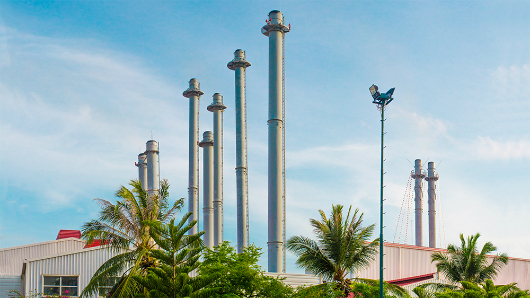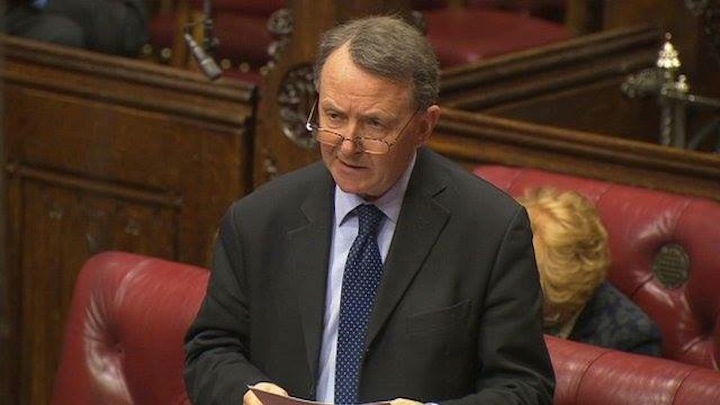Most Maldivians are worried that MPs frequently switch parties in parliament because of corruption, a survey has found.
Eighty percent of people see party switching as connected to corruption, a report from Transparency Maldives indicates, showing that floor crossing is perceived to have a negative impact.
Another survey by Transparency last year showed that Maldivians had low levels of confidence in parliament.
In the latest survey, eighty-four percent of respondents said they believe floor crossing happens because money or some sort of gain is offered to parliamentarians in exchange for voting against their own party line or defecting.
Eighty-seven per cent of respondents believe there should be laws that prevent or restrict switching.
Transparency Maldives said that forcing MPs to reveal detailed financial holdings would help.
“The most necessary option is to implement a correct method of asset declaration, not just for the sake of it but in a manner involving detailed financial statements,” Thoriq Hamid, programme manager at Transparency, told reporters.
“There should also be vetting mechanisms for these statements. That is the role of Maldivian institutions like the anti-corruption commission and possibly the auditor general.”
Eighty-one percent said that floor crossing can undermine democracy and weaken the party system.
Transparency will share the report with parliamentarians and other institutions.
Floor crossing is a common occurrence in the Parliament of the Maldives.
The former MP for Feydhoo , Alhan Fahmy, was initially elected as a Dhivehi Rayyinthunge’ Party (DRP) candidate but he switched to the Maldivian Democratic Party (MDP). Later on he left them to join the Jumhooree Party (JP) and then again left the JP to rejoin the MDP.
Another such case is Abdulla Abdul Raheem. The MP who has changed parties the most, he was also elected as DRP candidate and left them to join the MDP. However, he again went back to the DRP within 24 hours. In 2012, he made another switch, this time to the JP, and then again signed to the MDP the very next year. He was expelled from the MDP in December 2013.
The ruling Progressive Party of Maldives came to power last year with 33 MPs but another 10 joined them from other parties within four months.
These individuals have not been specifically accused of corruption, but they are among many MPs to have switched parties.
Transparency Maldives interviewed 200 randomly selected Maldivians for the survey.






